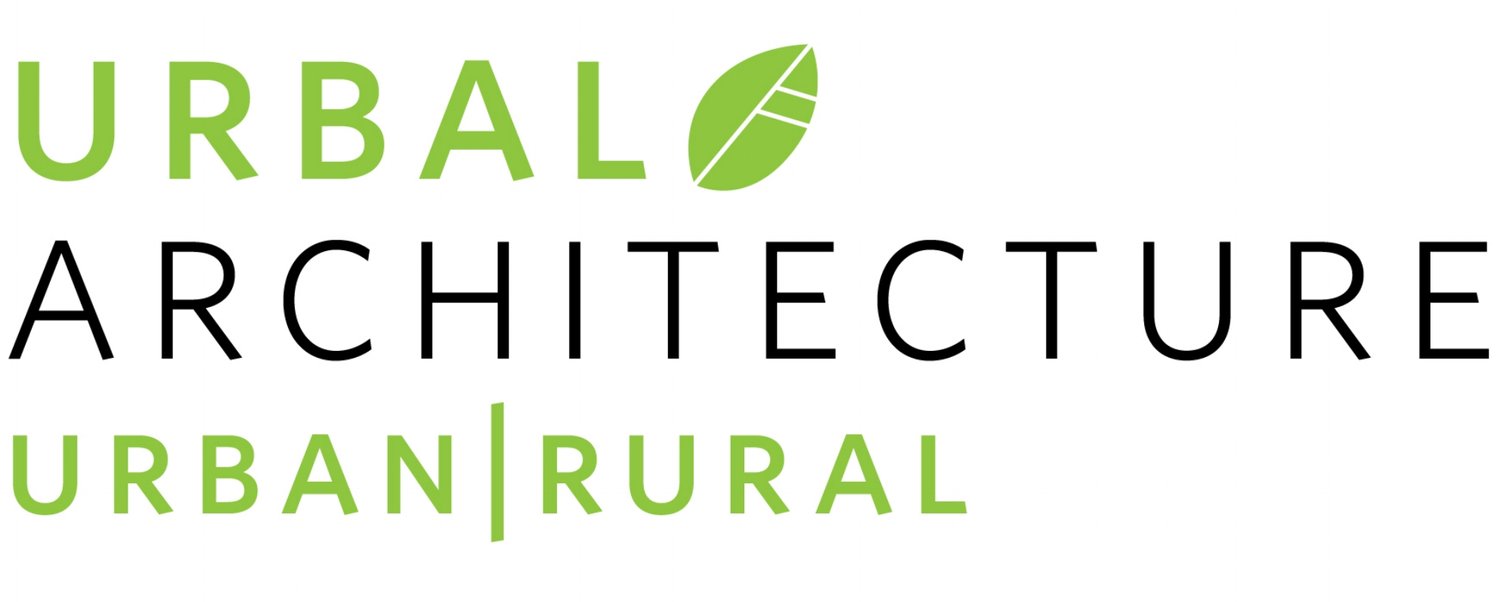Urban Design: Civic Dinners
/Local governments are always seeking to engage the public in the city-planning process to better address community needs and establish a deeper sense of public ownership. Many cities, however, find themselves struggling to develop effective civic engagement strategies that attract a diverse audience to public meetings.
This week, our Project Manager Josh introduced us to Civic Dinners, and explained how this organization is helping city and regional governments bring community members together to engage in valuable community conversations.
Written by Josh Janet, Project Manager | PE:
City and regional planners often struggle with attendance at public meetings. Anecdotally, Seattle seems to achieve better numbers than other cities I’ve lived in, but it still struggles with reaching a diverse clientele. These meetings attract predominantly retired homeowners, whose voices deserve to be heard but only represent a fraction of the population.
“Civic engagement isn’t rocket science, but it does require thoughtful design and careful implementation.” This opening statement appears in a guide produced by Civic Dinners, a company that serves to build civic-minded conversations in communities over home cooked meals. Based in Atlanta, Georgia, Civic Dinners aims to supplement traditional public meetings and online feedback portals by providing a platform for communities to organize smaller get-togethers that are more likely to be attended, allow for deeper and more diverse conversations to take place, and collect feedback on whatever subject or plan the community is looking for input on.
Civic Dinners strive to bring people together over food to discuss important issues. | Image via Civc Dinners.
The way it works is that Civic Dinners works with an organization to prepare a toolkit for marketing, hosting, and engaging the public. These toolkits include:
- Branding, naming, and conversation framing for public outreach;
- Conversation and facilitation design work for 4-10 stakeholders;
- Final question designs; and
- One page overviews and invitations.
Next, Civic Dinners and the contracting organization engage the community to find hosts for these events. Hosts are provided training resources, technical support, and the prepared toolkits for each event. The hosts prepare the dinners, and the only real guideline is that guests be provided equal time to share their opinions, one voice at a time. Finally, the feedback is collected from the host (or through social media) at the end of the dinner and evaluated by Civic Dinner staff to identify key takeaways and common threads from the conversations.
Civic Dinners has tested its platform through a number of successful projects, including:
- ARC Millennial Advisory Panel: The Atlanta Regional Commission (ARC) used Civic Dinners to engage 300 participants across 35 dinners over 9 weeks for input on their proposed Regions Plan. Civic Dinners identified eight key themes from the dinners and used those to help organize eight Action Teams for preparing formal recommendations to regional leaders. All eight teams “had two months to formulate a point of view on their topic, co-write an op-ed, interview stakeholders, and prepare recommendations” to ARC. Two teams have since formed non-profits.
- The Gr8 Exchange on Transportation: Over a one week period in Gwinnett County, Georgia, more than 4,000 surveys were completed and just under 40,000 individual responses collected for a public input initiative on transportation. Eighty-three (83) events were held; not all were dinners, but many still included small gatherings to engage citizens and community leaders.
- #ourATLriver: Imagining the future: A single dinner with 100 guests among 10 tables was organized for the non-profit Chattahoochee Now to discuss the future of the Chattahoochee River and the 53 mile stretch that runs through the Atlanta Region. The top ideas collected from each table were shared with the group, along with individual ideas from guests that were collected and implemented into a Chattahoochee River master plan.
#ourATLriver provides the public an opportunity to discuss the future development of the Chattahoochee corridor. | Image via Civic Dinners
This type of event obviously requires more planning than renting a space in a community center, preparing a PowerPoint presentation, and providing a box of coffee and some store-bought cookies. It has decidedly greater potential to reach more people and collect better feedback, though. Civic Dinners is currently seeking six cities beyond Atlanta to pilot a “Year of Dialogue” program to launch a dozen “essential conversations facing the future of cities.” The only real question I have now is: how can this be introduced into Seattle?



